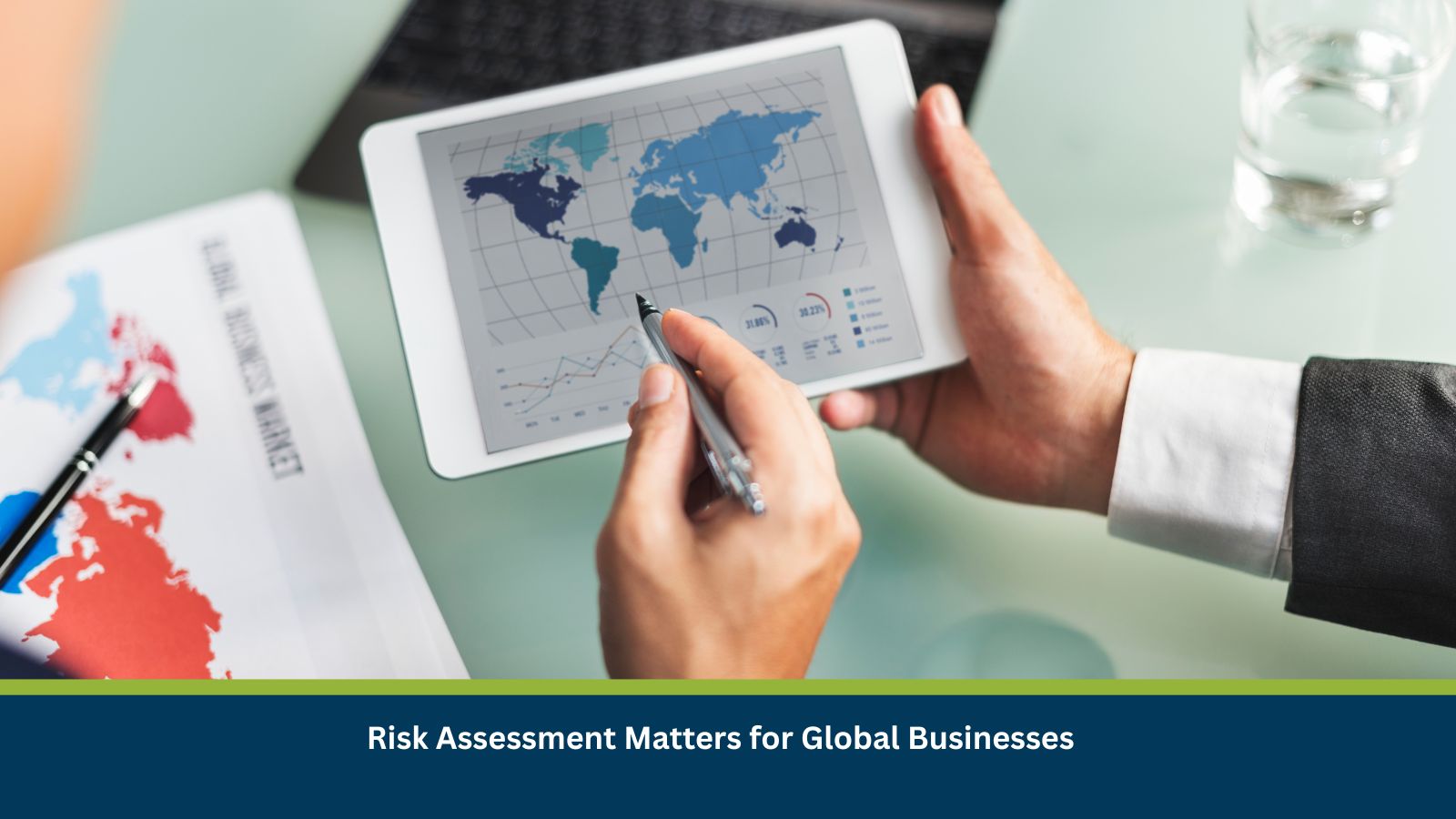Geopolitical risk refers to how shifting political dynamics—both domestic and international—can disrupt economic interests. But today, it’s not just about isolated instability in one country or region. The “geo” in geopolitical risk highlights a hard truth: events in one part of the world can ripple across global markets and corporate operations with surprising speed. Consider the October 7 Hamas attacks, for example. At first glance, they seemed unrelated to a British high-street staple like Marks & Spencer. Yet a seasonal advertisement—featuring festive crackers whose colours were interpreted online as resembling the Palestinian flag—ignited a boycott movement across parts of Europe. In today’s interconnected landscape, no business is immune.
This growing exposure is particularly relevant as the orthodoxy of globalisation begins to fray. For over three decades, many assumed that economic interdependence would insulate business from geopolitical upheaval—conflict, after all, was something that happened in far-off, fringe economies. But that illusion crumbled when Russian tanks rolled into Ukraine. After years of relative calm, geopolitics has reasserted itself at the core of business risk. As the U.S. retreats from its traditional role in global governance and crisis becomes the new norm, corporates are now asking tough questions: Can we still operate globally—and if so, at what risk?
Geopolitical risk thus sits squarely at the top of the CEO agenda. When Houthi attacks disrupt shipping in the Red Sea, DHL must plan for 10–15-day delivery delays. When Israel strikes Iran, Air India is forced to cancel flights by the dozen. In the face of such fragmentation and uncertainty, resilience — the capacity to thrive in change — has consequently become a priority for many business leaders. And it’s not just about operational continuity. Today, geopolitical risk analysis is emerging as a core driver of competitive advantage. According to the Harvard Business Review, companies that leverage advanced geopolitical risk tools have seen, on average, a 25% boost in operational efficiency over those that don’t.
Looking ahead, geopolitical challenges are only set to intensify. The U.S. National Intelligence Council’s Global Trends 2040 report warns that in the next two decades,competition for global influence is likely to reach its highest level since the Cold War: “No single state is likely to dominate all regions or domains, and a broader range of actors will compete to advance their ideologies, goals, and interests.” In this environment, corporate resilience will become not just valuable—but vital. Add to that the unpredictable threats emerging from cybersecurity and AI, and the stakes rise even higher. The disruption of thousands of Viasat modems during Russia’s invasion of Ukraine was just the beginning, blurring the lines between political conflict, cyber warfare, and business risk. Tomorrow’s threats won’t resemble yesterday’s—and where imagination falls short, strategic foresight will have to fill the gap.
As a result, in today’s corporate world, taking heed of geopolitical risk is no longer a niche concern, it’s a strategic compass, that could make the crucial difference between protecting a business and watching it disappear.
That’s where organisations like MitKat Advisory play a vital role. By helping businesses pre-empt and manage operational risks, MitKat enables sustainable resilience in an era of constant uncertainty. Through its next-gen AI platform, Datasurfr, MitKat provides continuous global monitoring and real-time threat alerts—equipping first responders and corporate security teams with the intelligence they need to act faster, smarter, and with greater foresight.






